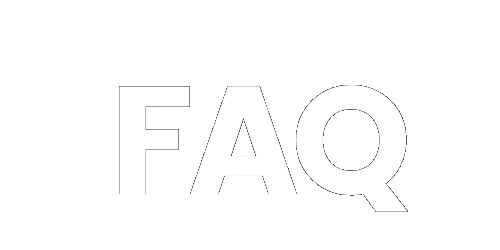How and why was WaterSHED Ventures founded?
At the same time, the WaterSHED NGO also helped us find another major opportunity while working in toilet sanitation. They found that many Cambodian people are not willing to buy toilets any time soon, because they are looking for aspirational shelter, as nice as brick but less expensive. This inspired us to see if we can create products beyond water filters and work in both the sanitation and hygiene sectors. So in the end, our company was founded because we wanted to work in a business model that tests and pilots products that can help tackle the biggest issues involving water sanitation and hygiene – both in Cambodia and the region.
How does the Watershed Business Model Work?
Our business model is very simple. We have a very lean market-based approach and we work with local supply partners (that could be our latrines partners, retailers in the market selling consumer wares etc.). Our business has toilet shelter and we have consumer ware products such as water filters, the LaBobo (hand washing device) and soon our child potty. So our business model is to work with our supply partners and to develop the demand and the supply in the rural community. We do a based-line marketing approach by going to the villages, sales events, meeting people, educating them about the benefits of using a toilet, washing their hands and drinking safe water.
By educating people to change their behaviour, we are creating a demand and providing a product right next to their homes in their community. In this way, I see WaterSHED Ventures as an actor connecting the dots of supply and demand. We are proactively creating the demand and making sure that the supplier is there.
So tell us more about WaterSHED Venture’s products.
So we have 3 products at the moment. First we have our water filters, which are not actually our own technology but we are working with our supply partners producing claypots and our plastic suppliers to bring water containers and we assemble them together, package them and sell them to the market. As for our own innovations that we created ourselves, we have LaBobo (a hand washing device) and the Paradise Toilet Shelter.
For LaBobo, we wanted to create a new innovation tailored to encourage children to wash their hands. We worked closely with mothers in the Mekong Delta and used a human-centered design process to find out what people liked to use for portable devices and help us identify the right colors, structure and name to encouraging kids to wash their hands. It was important for us to make this product attractive since, if you think about it, sinks have existed for hundreds of years but people still aren’t washing their hands as often as they should be (especially children). Every year, millions of children are dying from diarrhea and diseases which could be prevented by simply washing their hands. So, we see LaBobo as the first product that encourages children to wash their hands and change their cleaning behaviour to make them healthier.
For Paradise shelter, we are doing the same thing. We see a barrier of people not wanting to build a toilet and understood that if we could produce an aspirational toilet that is strong and affordable, people are going to buy it which will help us resolve the sanitation issues that are facing the country as well as the region. Our toilet shelter innovation is not about making money or validating our ideas, but it’s to really find a way to resolve the problems and challenges that we are facing right now in rural sanitation. And this is the core foundation for WaterSHED Ventures, it’s a company that is willing to pipe up different products, ideas, designs and marketing strategy and techniques to resolve the challenges.
What is Watershed doing to make sure that they have a meaningful impact?
In the design stage, we involve our target consumers to help us see what colors, patterns and designs people respond to. Of course we can involve all the people in design stage and come up with wonderful products, but if you fail to bring those products to households, it doesn’t make any impact. To make an impact, we involve with different organization and teams to recruit the right people to build our company and to take our new innovations into marketplace. I think this is also key to our business. Designing a product is great, but what more important (and more difficult) is introducing those products into the market place. Our products have to reach households and to do that we have to listen to consumer needs. Not only that, we also have to have the right marketing strategy, look at the right distribution channels and work with the right local partners in the community to ensure our operations runs smoothly and get access to buy our products easily.
What are some of the challenges you’ve faced marketing new products in Cambodia?
There are 3 main challenges in introducing our product to the market. One is the fact that we are not selling the ‘sexiest’ products. It’s not like we are selling clothes, shoes or cosmetic products . When you think about toilet shelter or sinks they are not very pretty, but OUR products are pretty! Even so, when we marketing our products as new and innovative, it’s less attractive than a new motorbike produced in Japan. So the challenge for us is to make our product cool, interesting and ‘sexy’ in our marketing campaign. So far we have been testing different messages and approaches to see what works best that we can launch to a bigger scale.
The second challenge is to do with pricing. When working with poor consumers with an average earning of $1-$2 a day, you can’t expect people to want to buy a product that costs $20 like LaBobo or a shelter that costs $500-$600 easily. We want people to use our product but we have the difficulty of finding a way to produce a product that is as cheap as possible but good quality and enough to cover operations, production and marketing costs. Selling at a subsidized or discount prices is not sustainable and not a part of our core business model. We want to find a way to make sure that the product is sustainable by itself, so pricing is very sensitive.
Our final challenge is to do with the consumer mindset. People have, if I may say, a lack of ‘cultural competency’. If a poor person has $10, they might be more likely to decide “Ok I am going to buy a case of beer and have a party with my family.” While entertainment is important part of our social lives, but when you earn $30 a month you can’t really afford a $10 party. So a lack of ‘cultural competency’ can cause you to make bad decisions since looking for immediate happiness is going to have a far greater negative impact on a poorer person’s life than a rich person who can recover faster financially. For the poor who are looking for immediate satisfaction, they seem to have difficulty to see the long term benefits of having a toilet that can consequently improve their health. They don’t realize that if they are less healthy, they are going to spend money on doctors and might not be healthy enough to work. So these are some thoughts that many poor consumers can’t always connect. It can be challenging since changing people’s mindset is very difficult.
What’s next for Watershed?
Right now we really need to introduce LaBobo and Paradise Shelter. The toilet shelters just arrived early February this year, so it’s only been 2 months since the product arrived in Cambodia. The next step for us is really pushing this product into the market place and getting consumers aware while getting our supply partners to know how our products can help them increase their business and productivity. This is our major mission at the moment and we will do the same for Labobo and Child Potty.
What brought you to join the Impact Hub community?
The space and network. As I said earlier, our social enterprise involves our consumer to help design our products. But now what we need is strategic partners. We want to involve ourselves with the right people and network. Being at Impact Hub helps us alot. If we have questions about marketing, one of the members can connect us to experts. Being here is helping us connect with people faster and to raise our profile. If you have a great idea, you shouldn’t stay at home. It’s about commercialising and putting our products out there and having this community help us spread the word is great.




